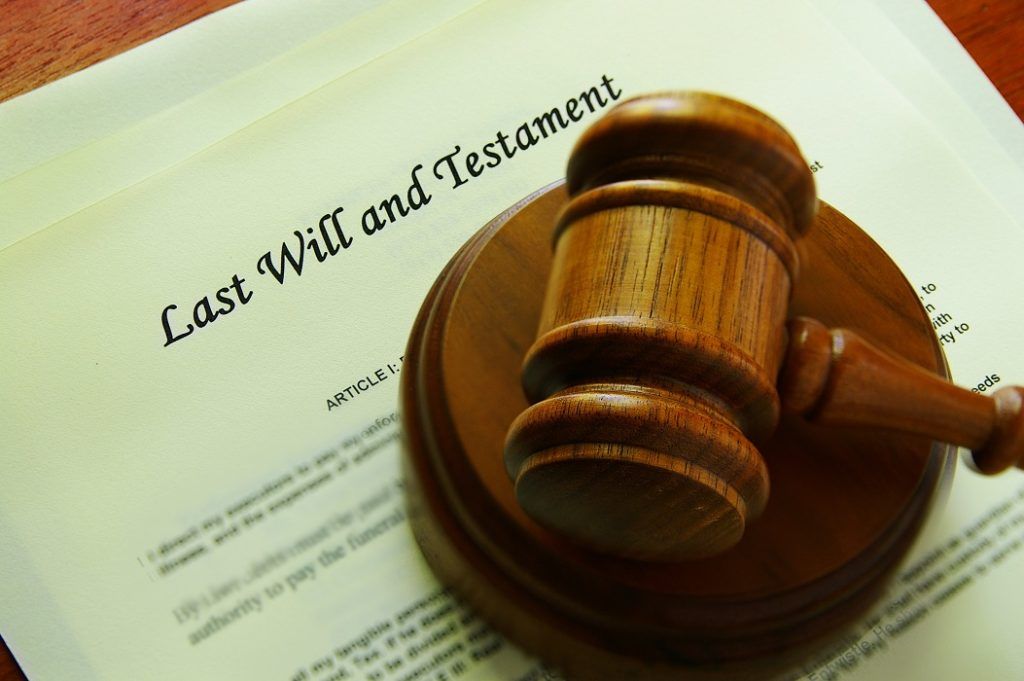
Let’s admit it; writing a will is not a priority in most people’s to-do list. The last thing you want to think about is preparing for your death. This explains why most people don’t have a will. Unlike what many believe, creating a will is not always time-consuming or expensive. If you don’t want a stranger to take charge of what happens to your assets and children, a will is a no brainer. It helps eliminate confusion, prevent family conflicts and ensures that your estate is distributed among your beneficiaries. In this article, we discuss what a will is and how to set up one.
What is a will?
A will, also referred to as a last will and testament, is a legal document that allows you to decide what will happen to your assets and minor children when you pass away. It helps communicate your wishes clearly regarding the distribution of your assets, funeral arrangements, and the guardianship of your minor children. In a nutshell, a will allows you to rest easy knowing that you have made the necessary arrangements to pass on your legacy to your loved ones.
What does the document contain?
A proper will includes;
- A statement indicating that you are of legal age, sound mind and not under duress
- Designation of an executor. This is the person in charge of the distribution and liquidation of your assets according to the provisions of your will
- Beneficiaries who are the people inheriting your assets
- Clear instructions on when and how your assets will be given to the beneficiaries
- Guardians who will take care of any small children
What to consider when making your will
Creating a will may not be a hard task, but you must consider numerous details during the process. Do some research and determine if you need any help creating your will or not. If you’re a do-it-yourself kind of person, there are many will-writing programs and templates online that can guide you. Most individuals with relatively straight forward financial situations and smaller estates opt for this route to avoid the unnecessary legal expenses. However, if you have a more complex estate and vast wealth, it is advisable to schedule an appointment with an estate attorney or will writing solicitors to advise you how to go about your estate planning and writing your will.
A simple 7-step process on how to create a will
Here are simple steps to helping you start a will.
List all your assets
You need to know the exact value of what you have before writing your will. Your assets may include your savings and retirement accounts, bank accounts, real estate, land, cars, jewelry, artwork, family heirlooms, and life insurance policies.
Select beneficiaries
Once you’ve made a list of all your assets, it’s time to decide who gets each or all of your assets when the inevitable happens. These are your beneficiaries. Usually, you may opt to leave all your assets to your spouse and children, but you can also name charities that are important to you, friends, and extended family members as your beneficiaries. Ensure that you are very specific. Write the beneficiary’s full names and give a detailed description of the asset.
Consider guardianship
If you have children that depend on you or pets, name a guardian who will take care of them when you pass on. It is wise to discuss the role of guardianship with your potential candidates before including them in your will to get their consent.
Create your will or work with a professional
Usually, it is advisable to consult a lawyer to guide you through the will-making process. However, if your estate is straightforward and you don’t have small children, you can use a free online tool to write your will.
Name an executor
Naming an executor is a significant part of the will-making process. This is the person responsible for ensuring that your wishes are followed precisely. An executor’s duties include distributing your assets, paying any remaining debts and bills, and handling probate.
Make your will official
A will is only made legal if it is printed and signed according to the law. Most states demand that the will is signed by two witnesses to make it legally binding. The witnesses must be at least 18 years and not among your beneficiaries. Once it is signed, keep the printed copy in a secure place.
Keep it updated
A will is a living document. Keep updating it periodically as your life changes. This may be due to relationship changes such as marriages, births, adoption, divorce and death, asset changes, changes in net worth and income and out-of-state moves.
Conclusion
Leaving the fate of your most prized possessions, small children, and bank account contents up to squabbling family members or the state is something you must avoid at all cost. A will allows you to look out for your children and asset’s best interest when the inevitable happens. Be sure to create one as soon as possible if you haven’t already.







Leave a Reply: